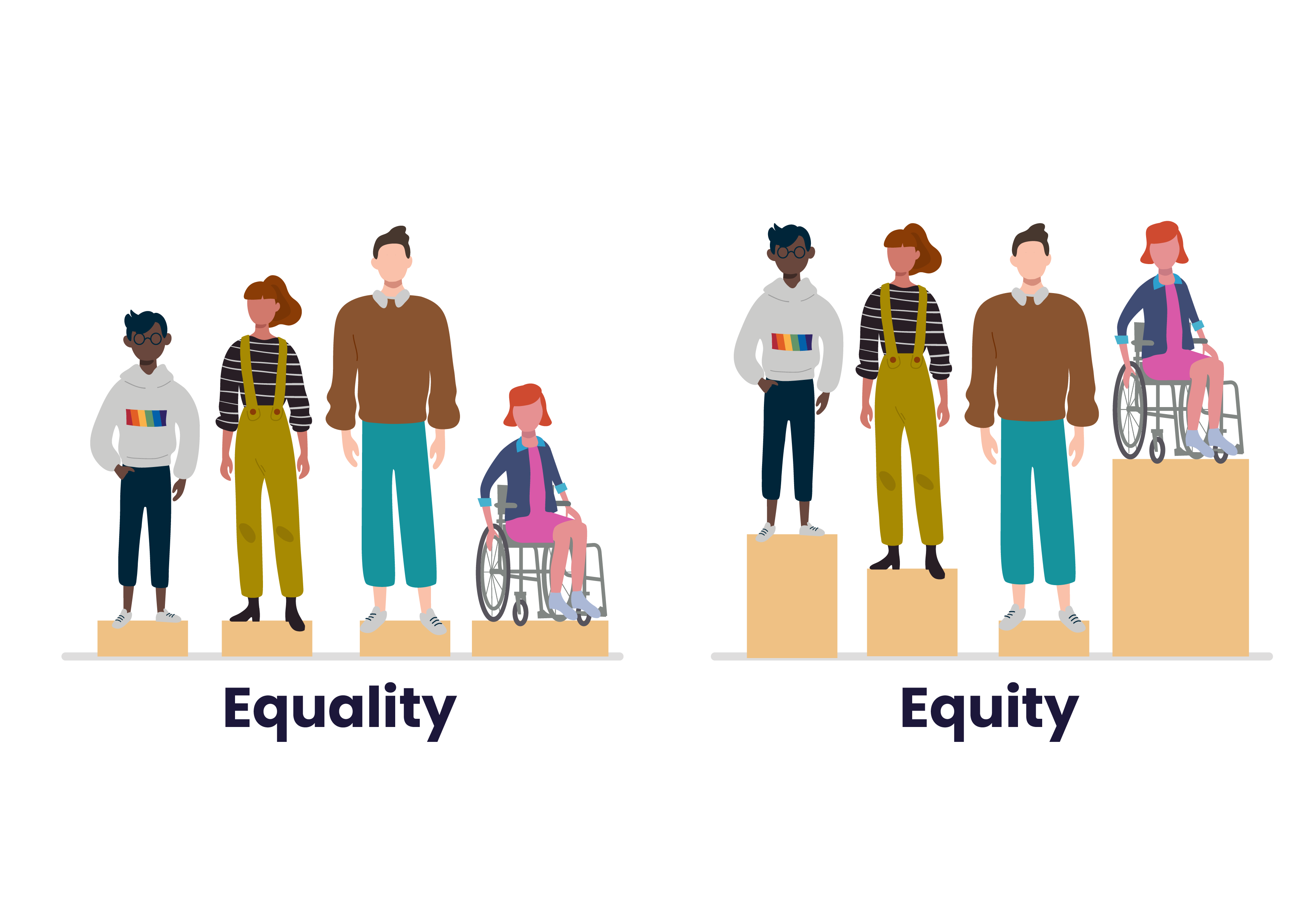January 25, 2022
The Community Health Corner
Submitted by Stephanie Gutierrez

Community health uses science-based approaches for the greatest health benefit to the greatest number of people by addressing the social, economic, and structural drivers that impact health. The National Extension Framework for Health Equity and Well-being recommends health equity and community approaches to ensure that every person has the opportunity to "attain his or her full health potential," and no one is "disadvantaged from achieving this potential because of social position or other socially determined circumstances." The following tools and resources can be used to further improve health equity and well-being for communities.
READ NOW: According to a National Academies report released in February 2020, loneliness is linked to higher rates of depression and anxiety in seniors, while social isolation is associated with a greater risk of dementia and of death from all causes. Even before COVID-19, about one-quarter of Americans over age 65 were socially isolated, and more than 40 percent of people over age 60 reported feeling lonely. The pandemic’s arrival left elderly people who lived alone even more isolated than before and cut off those living in nursing homes and assisted living facilities from family and friends. Carla Perissinotto, a professor of medicine at the University of California, San Francisco, has seen up close the impacts that pandemic isolation has had on the elderly, as a practicing geriatrician and palliative physician who cares for older, mostly homebound patients. Read The Impacts of Pandemic Isolation on the Elderly for a full report.
REGISTER NOW: Climate change damages many of the resources that are social and environmental determinants of health - clean air, safe drinking water, sufficient food and secure shelter. Register for the Climate Changes Health: Moving Towards Environmental Health Equity on January 26, 2022, from 3:00-4:00 p.m. The webinar will explore the interconnectedness of climate change and health, environmental injustice, and what can be done to combat these issues. The expert speakers will discuss priorities for the newly formed Office of Climate Change and Health Equity at HHS, how climate change is creating new inequities and exacerbating those that already existed, and what can be done to protect populations on the front lines.
UTILIZE NOW: The Kansas Health Matters website provides local community health data, reports, promising practices, and funding opportunities related to important health issues. Utilize the site's Health Indicator tool to measure and summarize information about a given priority topic in population health or health system performance. The health indicator tool can search 150 indicators and provide comparable and actionable information across different geographic, organizational, or administrative boundaries and/or can track progress over time.
For more information, contact Elaine Johannes, ejohanne@ksu.edu; and Stephanie Gutierrez, smgutier@k-state.edu.